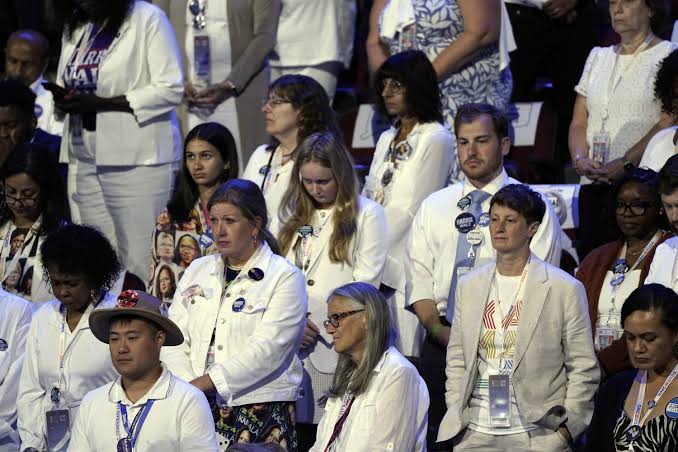A U.S. recession is coming, and Garry Evans, head strategist of global asset allocation at BCA Research, says that cutting interest rates may not be the best way to stop it. On CNBC’s “Squawk Box Asia,” Evans said that the economic picture doesn’t point to a “soft landing,” even though many people may hope for one. His warning comes at a time when important signs show that the economy is about to go into a slump.
Evans’ analysis is based on the fact that many parts of the economy are getting worse at a very fast rate. “Some things are breaking down pretty quickly right now,” he said, referring to a group of signs that point to a possible recession. Some of these are falling consumer confidence, falling corporate earnings, and ongoing inflationary pressures that have not been sufficiently eased by the Federal Reserve’s aggressive rate hikes. The analyst said that even though rate cuts could be used by the central bank to boost the economy, they probably won’t be enough to stop the coming contraction.

As warning signs grow, experts caution that the U.S. economy may be on the brink of a recession despite potential rate cuts.
Early this year, many economists and investors were hopeful that the Fed’s tightening cycle would successfully lower inflation without causing a recession. This is in stark contrast to the present situation. But the economy has changed because inflation stays stubbornly high and the cost of borrowing money keeps going up, hurting both companies and consumers. Evans says that the problems the economy is having are not just short-term, but are signs of greater structural problems that can’t be fixed by cutting interest rates.
Evans says that one of the most important worries is the stress on the business world. Profit margins are getting smaller for many businesses because input costs are going up and demand is going down. This, along with the higher cost of borrowing money, has caused companies to cut back on hiring and capital spending, which has made the economic picture even worse. Companies cutting back has an effect on the job market as a whole. In some fields, layoffs are becoming more common and job growth is slowing down.

Garry Evans of BCA Research predicts a looming U.S. recession, signaling that traditional rate cuts may not be enough to avert it.
In addition, consumer spending, which makes up a big part of the U.S. economy, is also showing signs of weariness. Due to high inflation, people’s ability to buy things has decreased, and many are now using their savings or loans to keep up with their expenses. The mix of less savings and more debt is a big threat to future economic growth, especially if the job market keeps getting worse.
Evans’s warning shows how complicated the economy is right now and how standard tools for monetary policy may not work. The expert stressed that lowering interest rates might help in the short term, but they probably won’t fix the real problems that are hurting the economy. To lower the chances of a severe recession, it might be better to take a bigger, better-coordinated method.

Economic clouds gather as a leading strategist warns of an imminent U.S. recession, challenging the hope for a soft landing.
The U.S. economy is on the verge of a recession, and the next few months will be very important in deciding whether the country can dodge one or if it will have to go through a longer one. As the economy continues to change, investors, policymakers, and companies will all need to be ready for rough times. Based on their research, BCA Research makes it clear that a few rate cuts won’t be enough to save the U.S. economy from the recession that looks like it’s coming.